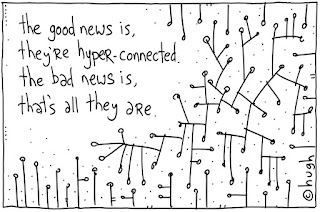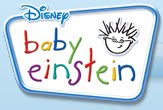It's Not About Learning Styles... It's About Good Teaching
More evidence to support my previous post ... Education: Learning Styles Debunked from ScienceDaily.com Idea of Learning Styles in Education Further Derided by Psychology Researchers from Change.org This research does not mean that we shouldn't use various methods and media to deliver content to our students. It just means that we shouldn't try to limit ourselves due to the labeling process that the learning styles movement has been pushing for the past decade or so. Good teachers use audio, video, group activities, critical thinking, and many other methods throughout their teaching. It is the combination of these that makes a teacher effective. It isn't about reaching the "auditory" or "kinesthetic" or "visual" learner. Rather, we should strive to reach ALL students through auditory, visual, and kinesthetic means. In the end, we all learn from the information we gather through each of the senses, not just one sense, as the learning styles th


